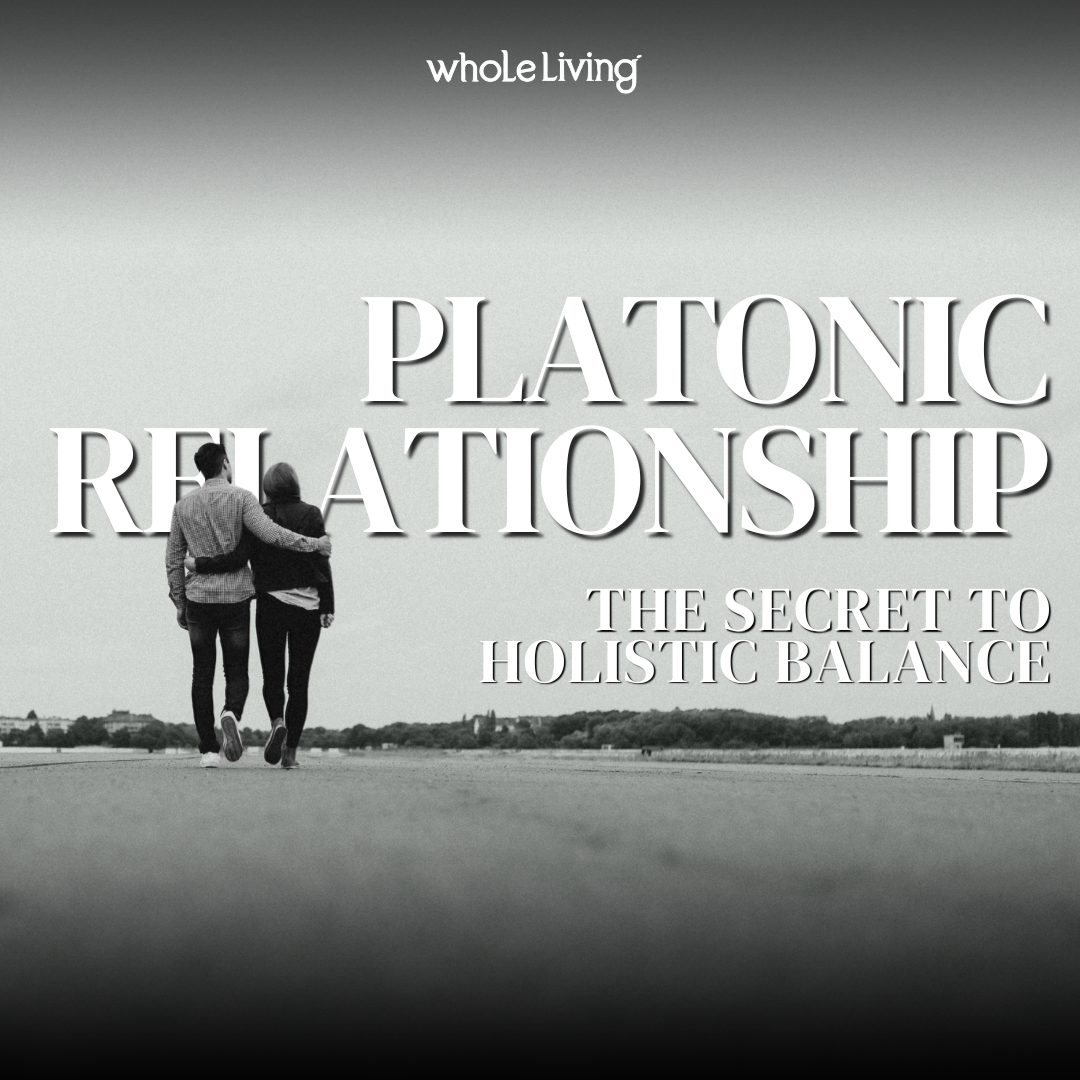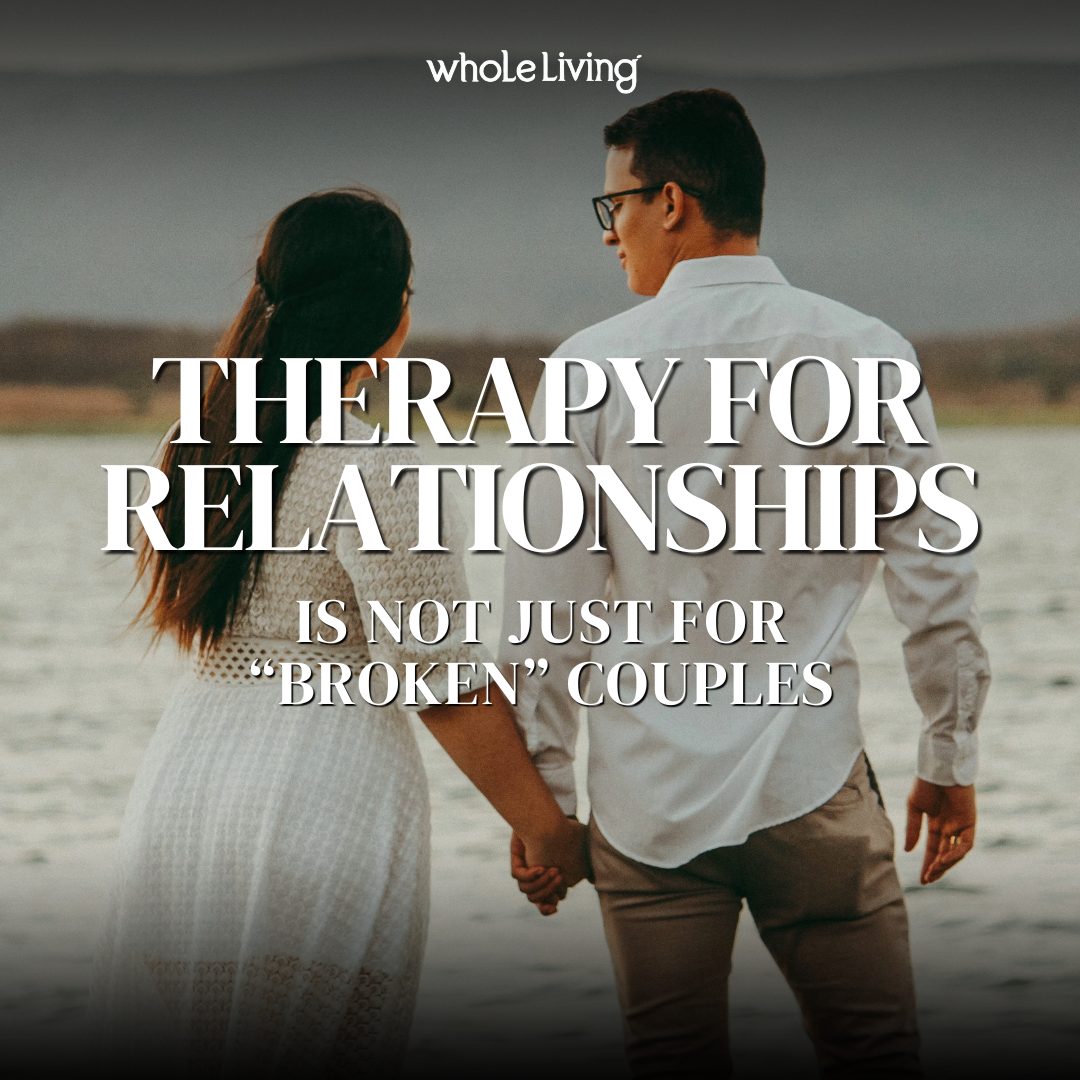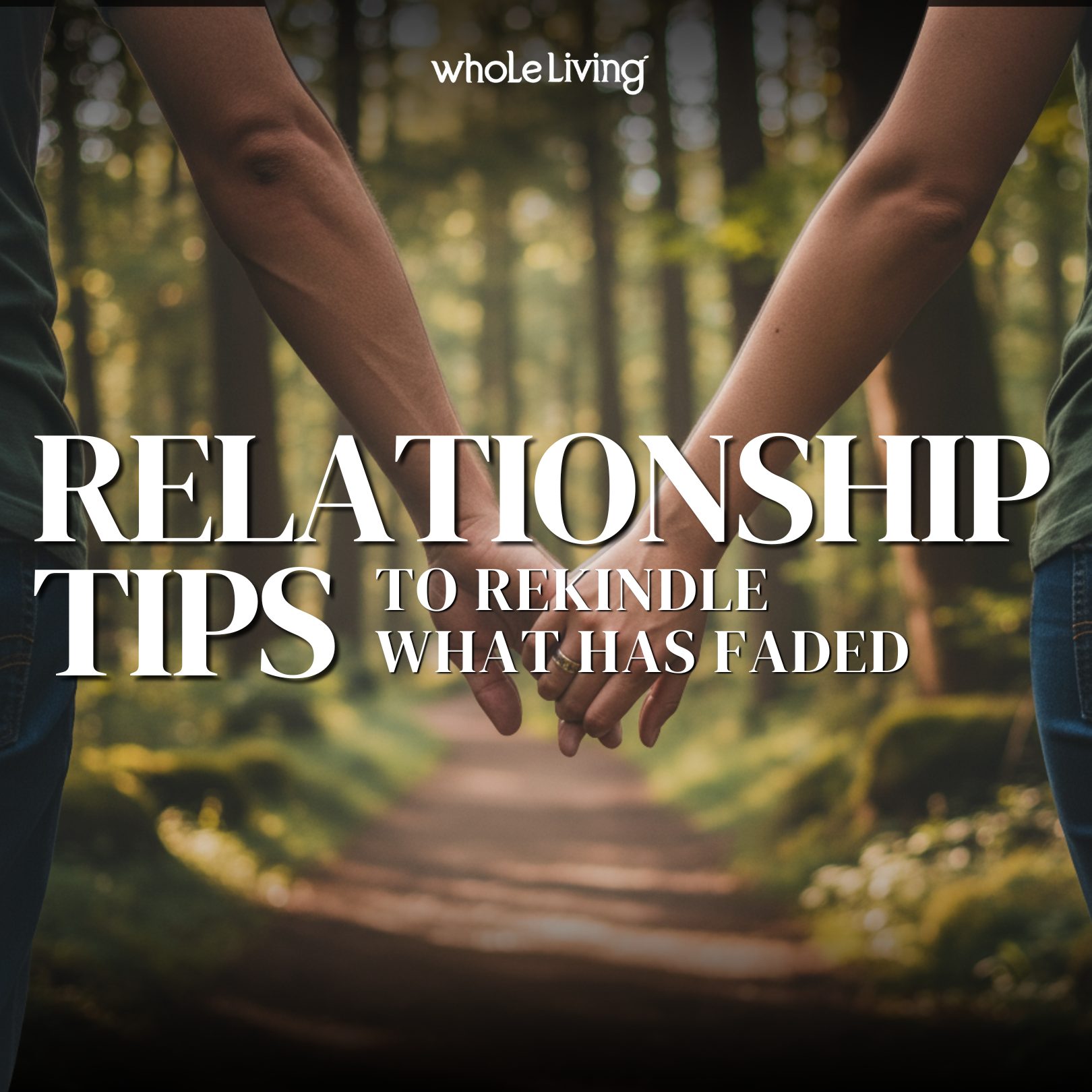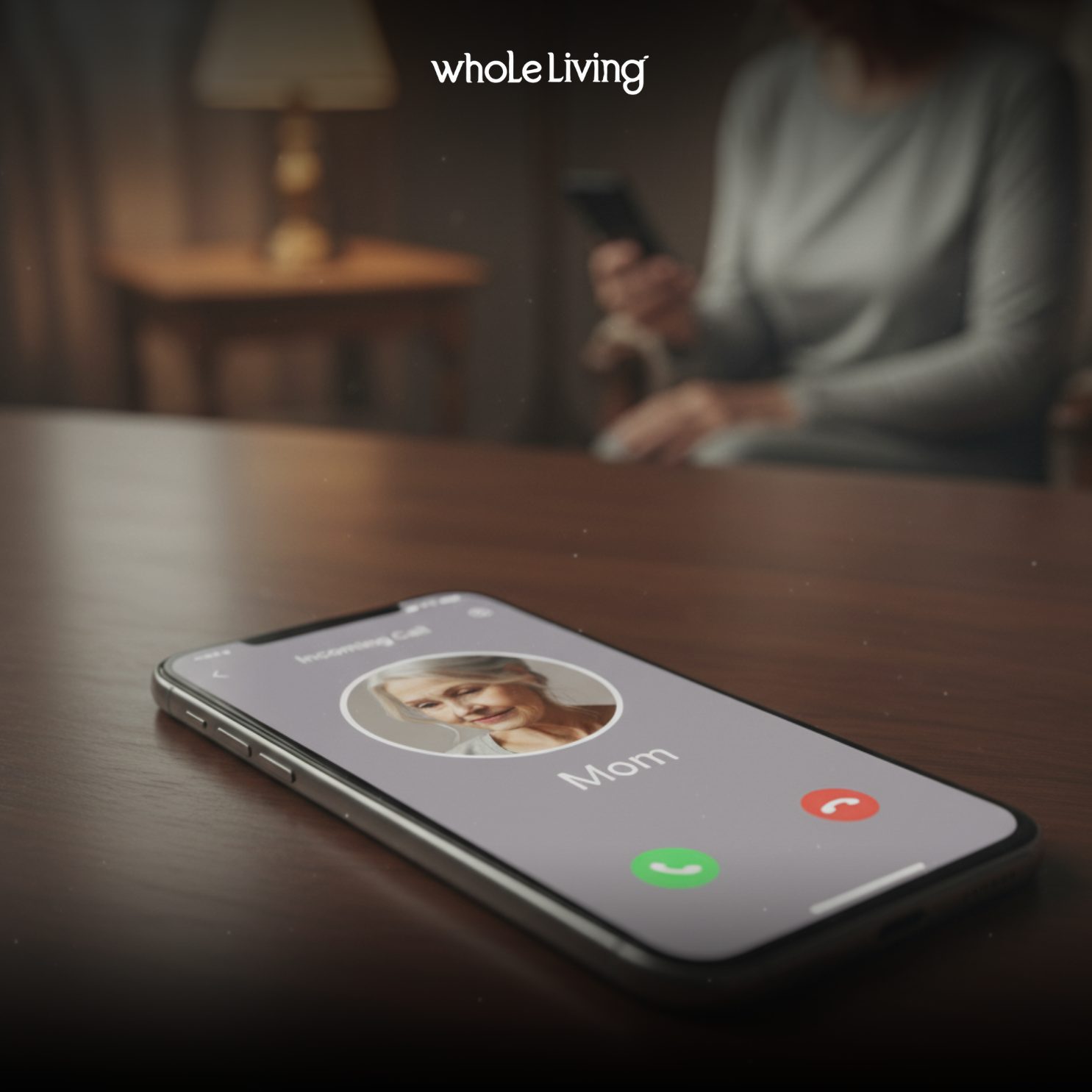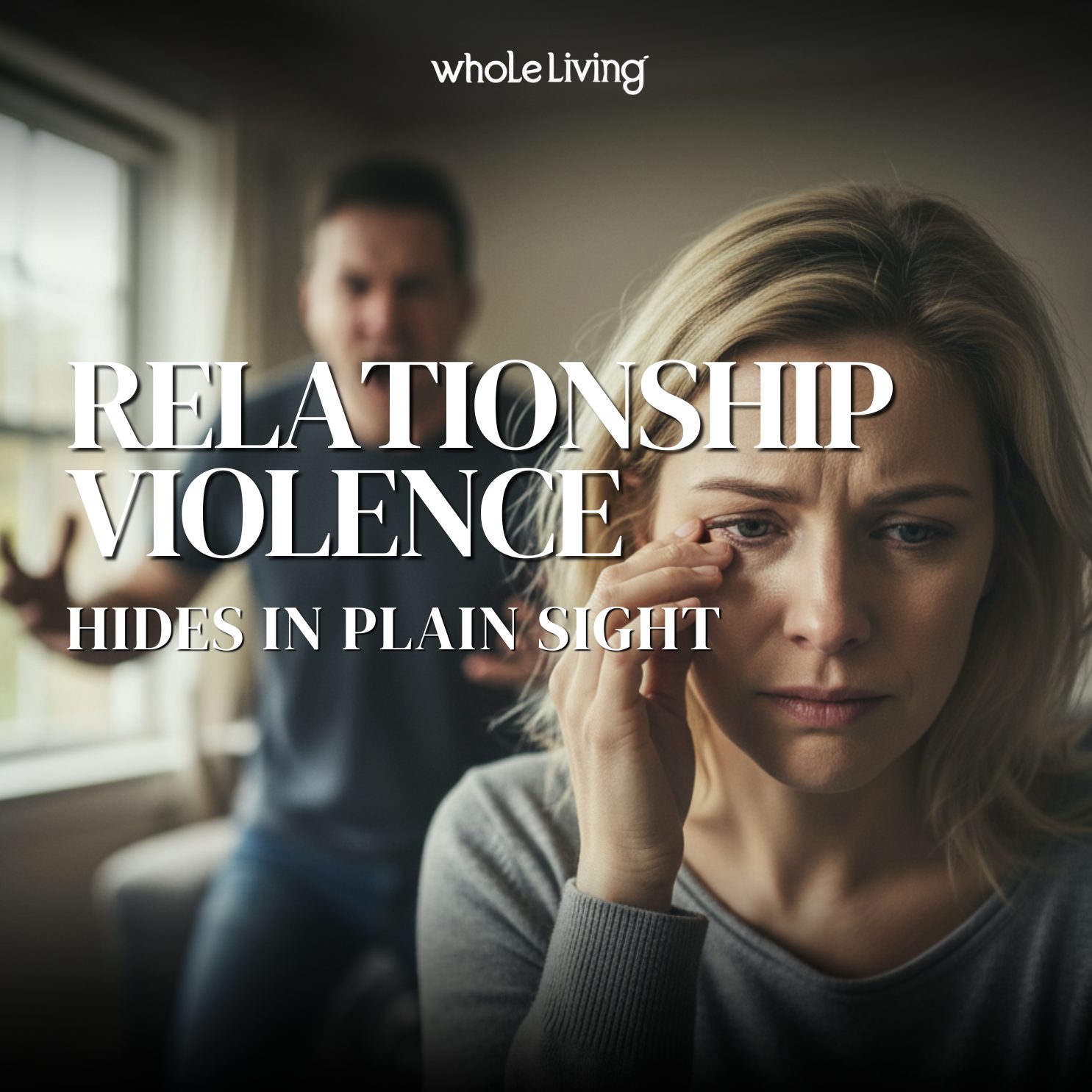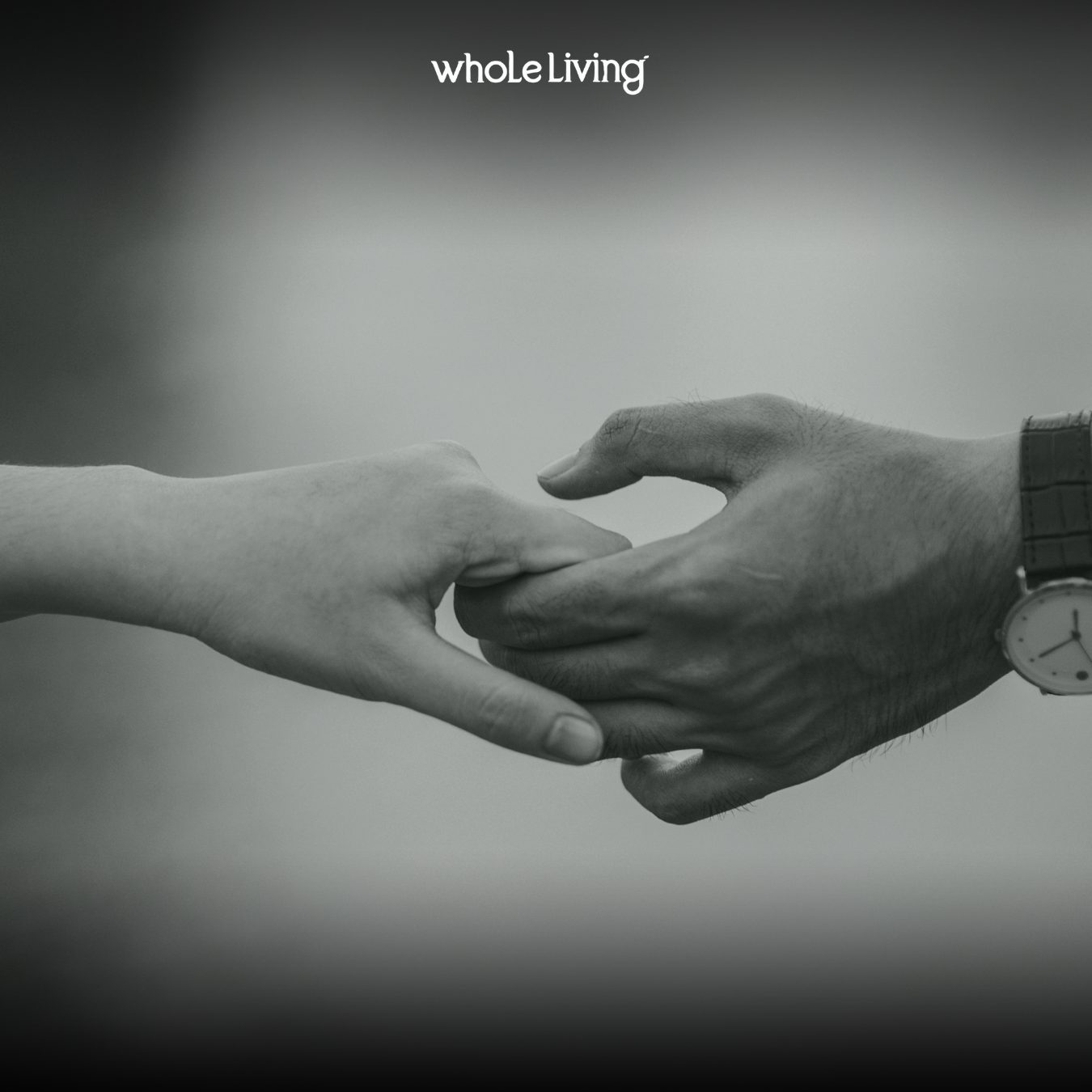In This Article
Emotional intimacy begins with presence. Not performance. Not perfection. Just presence. When two people slow down enough to truly notice each other, connection becomes easier. This awareness lets both sides feel seen without pressure. It creates a foundation where understanding can grow naturally. In this state, emotional closeness stops feeling risky and instead feels grounding. It becomes a shared space rather than a test.
When you stay rooted in yourself, emotional intimacy deepens. You are not trying to be impressive. You are not overthinking your reactions. You simply show up as you are. This grounded energy makes the other person feel safe. It signals that the moment matters. It communicates that you are listening. This calm presence becomes the real catalyst for intimacy because it gives both people room to breathe.
As this connection forms, conversations shift. Curiosity replaces fear. Openness replaces defensiveness. Both people feel free to share their inner world without worrying about being misunderstood. This environment of steady awareness reduces emotional friction. It encourages honesty. Sharing feelings is a key part of emotional intimacy, helping both people feel validated and close. It creates a dynamic where small interactions carry depth, and even silence can feel meaningful.
Over time, emotional intimacy becomes a natural rhythm between two people. It is not forced. It is not dramatic. It is consistent. It grows through moments of genuine attention and mutual patience. This kind of intentional presence builds a relationship that feels richer and more real. It allows both people to connect without losing themselves, and that balance is what makes intimacy sustainable.
The Beauty of Emotional Intimacy

At its core, emotional intimacy means letting someone see your inner world—your thoughts and feelings, your hopes, your fears. It’s about being emotionally intimate with someone in a way that nurtures mutual trust and understanding. Emotions play a central role in this process, as recognizing and expressing emotion helps partners connect on a deeper level. Let your voice reflect sincerity. Stay present when others speak. That’s where real connection grows—in the mix of flaws and tenderness.
In romantic relationships, this depth of emotional closeness strengthens both partners. It transforms simple moments into sacred connection. When you build emotional intimacy, your bond becomes less about surface attraction and more about emotional support and mutual understanding. For example, sharing your worries after a difficult day and feeling truly heard by your partner is a clear sign of emotional intimacy in action.
Groundedness: The Foundation of Connection
When you are grounded, you can handle emotional vulnerability with grace. When emotions start to rise, you stay steady. A slow breath grounds you before words form. Then, you speak with honesty and listen with an open heart. Grounded people can hold both emotions and silence. They make their partners feel safe.
Grounding helps you slow down in the moment. You notice your feelings, not just your thoughts. You see your partner clearly—not as someone to complete you, but as someone to walk beside you. This awareness builds trust, and that trust deepens intimacy.
Building Emotional Intimacy in Everyday Life

To build emotional intimacy, you must spend time together intentionally. It’s not about quantity but quality time. Put down your phone. Make eye contact. Talk about what really matters—your dreams, your fears, your struggles. When you share feelings, you open a door to connection.
Consider putting together a list of meaningful activities you both enjoy, so you can prioritize shared experiences and strengthen your relationship.
A lasting relationship thrives on the small things: spending time, giving physical touch, offering emotional support, and showing empathy. You don’t have to force deep conversations every day. Just show up, stay curious, and stay kind.
Here are some examples of questions or activities you can try to help deepen emotional intimacy with your partner.
READ ALSO: Love Languages: Nourish the Way You Give and Receive
The Role of Emotional Vulnerability

Emotional vulnerability isn’t weakness. It’s the strength to show your true self. When you allow someone to see your soft spots, you invite closeness that is deeply felt. That kind of connection turns an intimate relationship into something profound.
Yes, it can feel risky. You might fear rejection or hurt. But the truth is, every deep bond requires vulnerability. It’s the price of emotional closeness. And when both people are grounded, the risk feels worth it.
Emotional Intimacy vs. Sexual Intimacy

Many couples confuse sexual intimacy with emotional closeness. But while sex can be an expression of love, it isn’t the same as emotional intimacy. True connection goes beyond physical intimacy. It’s about understanding your partner's inner world and feeling known in return.
Still, both forms of intimacy can strengthen each other. When you feel emotionally safe, sexual intimacy becomes more fulfilling. It stops being performance and starts being connection.
Communication: The Bridge Between Hearts

Communication is the heartbeat of healthy relationships. It allows two people to align, repair, and grow. When you communicate openly, you prevent poor communication from creating distance. You learn to express what you need, hear what your partner thinks, and stay connected even during conflict.
In moments of tension, focus on understanding, not winning. Pause. Listen. Talk from your emotions, not your defenses. When both of you feel heard, even hard conversations bring you closer.
Building Trust Through Presence

To build trust, you must show up consistently. Keep your word. Respect each other's boundaries. Be kind when your partner has a bad day. Trust is built not in big promises, but in small, daily actions that show reliability.
When you feel safe, you can be open. When you feel open, you grow closer. That’s how lasting connection happens—through steady presence and patient care.
READ ALSO: Therapy for Relationship Problems Isn’t Just for “Broken” Couples
Emotional Intimacy in Long-Distance Relationships

A long distance relationship can test emotional intimacy, but it doesn’t have to weaken it. With intentional effort, you can stay emotionally intimate even miles apart. Use technology to your advantage. Talk often, share your thoughts and feelings, and schedule quality time virtually.
Send notes of affection. Celebrate small wins together. Share your daily life, not just highlights. In distance, emotional connection grows through consistency, honesty, and trust.
Navigating Conflict with Compassion

Every relationship faces conflict. But when you’re grounded, you see it as an opportunity to strengthen your bond. You respond instead of react. You stay curious about your partner’s perspective instead of getting defensive.
Conflict handled well can deepen understanding. It can create more mutual trust and emotional support. When you approach arguments with empathy and respect, they become moments of healing rather than division.
The Importance of Self-Awareness *

You can’t connect deeply with someone else if you’re disconnected from yourself. Emotional intimacy starts within. You must understand your emotions, your needs, your patterns. When you know yourself, you can express your truth clearly and without blame.
The ability to recognize and communicate your emotional needs is essential for building trust and fostering a deeper connection in any relationship.
Grounded self-awareness helps you communicate what you need and listen with compassion. It allows you to give and receive love without losing your center.
The Role of Effort in a Lasting Relationship

A lasting relationship doesn’t happen by chance. It takes effort, consistency, and care. Partners who invest time and energy into their bond experience more satisfaction and well being.
The magic lies in the everyday moments—when you choose to spend time together, to talk, to listen, to be patient when discomfort arises. Love grows when it’s tended to.
The Importance of Playfulness

Playfulness is a powerful way to build emotional intimacy in romantic relationships. When partners allow themselves to be silly, laugh together, or try new things, it creates a sense of ease and comfort. This lighthearted energy helps both people feel more at home in the relationship, making it easier to share their thoughts and feelings without fear of judgment.
Playful moments—whether it’s an inside joke, a spontaneous dance in the kitchen, or a shared game—can deepen emotional connection and bring a sense of closeness that lasts. By making room for playfulness, couples nurture positive feelings, improve communication, and gain a deeper understanding of each other’s inner world. In the end, a little fun goes a long way in building emotional intimacy and keeping the relationship vibrant.
READ ALSO: Virtual Hug Is The Key to Nourish What’s Been Neglected
Showing Affection

Showing affection is a fundamental part of building emotional intimacy in any relationship. Simple acts of physical touch—like holding hands, hugging, or a gentle squeeze on the shoulder—can instantly create emotional closeness and strengthen the bond between partners. But affection isn’t just physical; it’s also found in thoughtful gestures, kind words, or a loving note left on the table.
These moments of affection help partners feel safe enough to share their deepest thoughts and feelings, knowing they are valued and understood. In an intimate relationship, regular displays of affection foster a sense of connection and closeness, making both people feel seen and cared for. The more affection you share, the deeper your emotional connection grows.
Creating a Positive Environment

A positive environment is essential for building emotional intimacy in relationships. When partners create a space filled with encouragement, kindness, and support, it becomes much easier to open up and share emotions. This nurturing atmosphere helps both people feel understood and accepted, which is the foundation of a strong emotional connection.
Couples can build trust and empathy by celebrating each other’s successes, offering support during tough times, and making an effort to understand each other’s emotional needs. Engaging in joyful activities together, practicing gratitude, and showing appreciation all contribute to a positive environment where intimacy can flourish. With mutual understanding and consistent effort, partners can deepen their connection and create a truly intimate relationship.
Prioritizing Quality Time

Quality time is at the heart of building emotional intimacy. When partners make it a priority to spend time together—free from distractions—they create opportunities to connect on a deeper level.
Whether it’s a quiet dinner, a walk in the park, or simply sitting together and talking about your day, these moments allow for the sharing of thoughts and feelings that strengthen the emotional bond. Prioritizing quality time helps partners understand each other’s emotional needs and fosters a sense of closeness and satisfaction in the relationship. By making space for meaningful conversations and shared experiences, couples can build a more intimate relationship, improve communication, and enjoy a deeper sense of connection.
Balancing Physical and Emotional Intimacy

In marriage or long-term relationships, both physical and emotional intimacy matter. A gentle physical touch can express affection, while a heartfelt conversation keeps the bond alive. The key is balance. One nurtures the body; the other nourishes the soul.
The balance of physical and emotional intimacy looks different in every one relationship, as each couple develops their own unique dynamic and level of closeness.
Married couples who blend both kinds of connection report greater satisfaction and stability. They know that intimacy isn’t only about sex; it’s about feeling seen, valued, and safe.
Overcoming Fear in Relationships

Many people struggle with the fear of being known. They hide their emotions or avoid vulnerability. But healing begins when you step into that fear with courage. The more honest you are about your feelings, the deeper your connection grows.
Courage doesn’t mean the absence of fear; it means moving forward anyway. When you allow your partner to see you—truly see you—you both find freedom.
The Strength in Empathy

Empathy transforms relationships. It bridges the gap between two hearts. When you empathize, you don’t just hear; you feel with. You acknowledge the person before you, their story, their struggle.
Empathy invites safety. It tells your partner, “I see you. I get it.” And in that moment, closeness blooms. That’s the essence of building emotional intimacy.
Why Emotional Intimacy Strengthens All Areas of Life

Strong emotional connection improves mental health, enhances well being, and deepens all kinds of relationships. When you feel emotionally supported, you handle life with more ease. You recover faster from challenges and feel more at peace.
Emotional intimacy helps people feel comfortable expressing themselves and being vulnerable, making it easier to share their true thoughts and feelings.
Emotional intimacy gives you a sense of belonging. It reminds you that love isn’t about perfection—it’s about presence. It’s about showing up for each other again and again.
Seeking Help When Needed

Sometimes, building emotional intimacy requires outside support. If partners find themselves struggling to connect on an emotional level or facing ongoing conflicts, seeking help from a therapist or counselor can make a significant difference. Professional guidance can help couples develop emotional intelligence, improve communication, and better understand each other’s feelings and emotional needs.
By reaching out for support, partners show a commitment to their relationship and a willingness to grow together. This process can help build trust, foster empathy, and create a deeper, more satisfying emotional connection. Remember, seeking help is a sign of strength and care for your intimate relationship, paving the way for greater understanding and lasting intimacy.
Grounded Love Lasts

When you are grounded, love becomes less chaotic and more peaceful. You don’t force connection; you create space for it. You offer love with presence and receive it with peace.
Emotional intimacy thrives when two people meet with open hearts and steady minds. A relationship thrives when each person shares their true self—their feelings, thoughts, and experiences—fostering trust and closeness. That’s how you create a lasting connection that feels safe, deep, and alive. A love rooted in calm presence always grows stronger—and always feels better.







